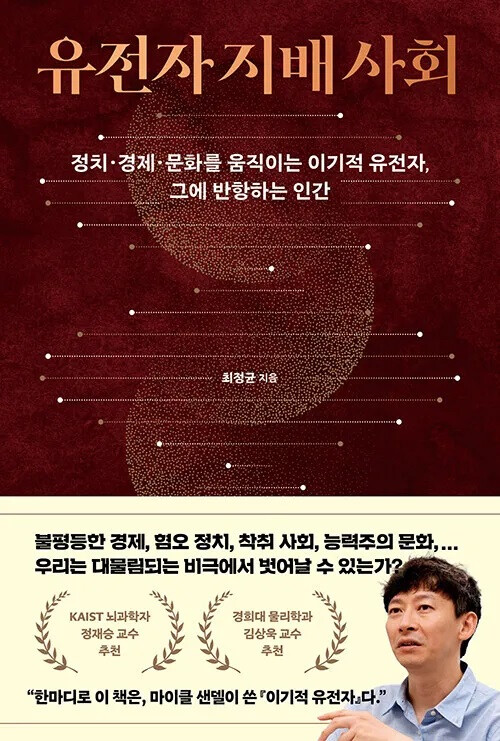
In his latest book, "Genes Rule the World," Kaist professor of bio and brain engineering, Jeong-gyun Choi, delves into the profound impact of genes on human behavior, from basic emotions to complex societal phenomena like economics and politics. Using an evolutionary lens, Choi argues that our genes play a far more significant role in shaping our thoughts and actions than previously thought.
Love, Choi contends, is not a selfless act but rather a neural mechanism designed to serve our own self-interest. Conspicuous consumption and leisure activities are merely manifestations of our genes' drive to reproduce. Even political ideologies, such as conservatism, can be traced back to our genetic makeup. Scientists have found that conservatives tend to exhibit heightened activity in the amygdala, a brain region associated with fear and disgust. This suggests that conservatives are more attuned to the evolutionary drive to avoid risk.
While Choi successfully demonstrates how many social phenomena can be explained through the lens of genetics and evolution, he cautions against genetic determinism. He argues that "perhaps the greatest challenge is not to fight against the external natural world with the power of science, but rather to discover ourselves and engage in the internal conflict and moral struggle that ensues."
In essence, Choi's book offers a compelling exploration of the intersection of biology and society. By examining the role of genes in shaping human behavior, he invites us to reconsider our understanding of ourselves and the world around us. However, he also reminds us of the importance of free will and the complexity of human nature.
[Copyright (c) Global Economic Times. All Rights Reserved.]






























